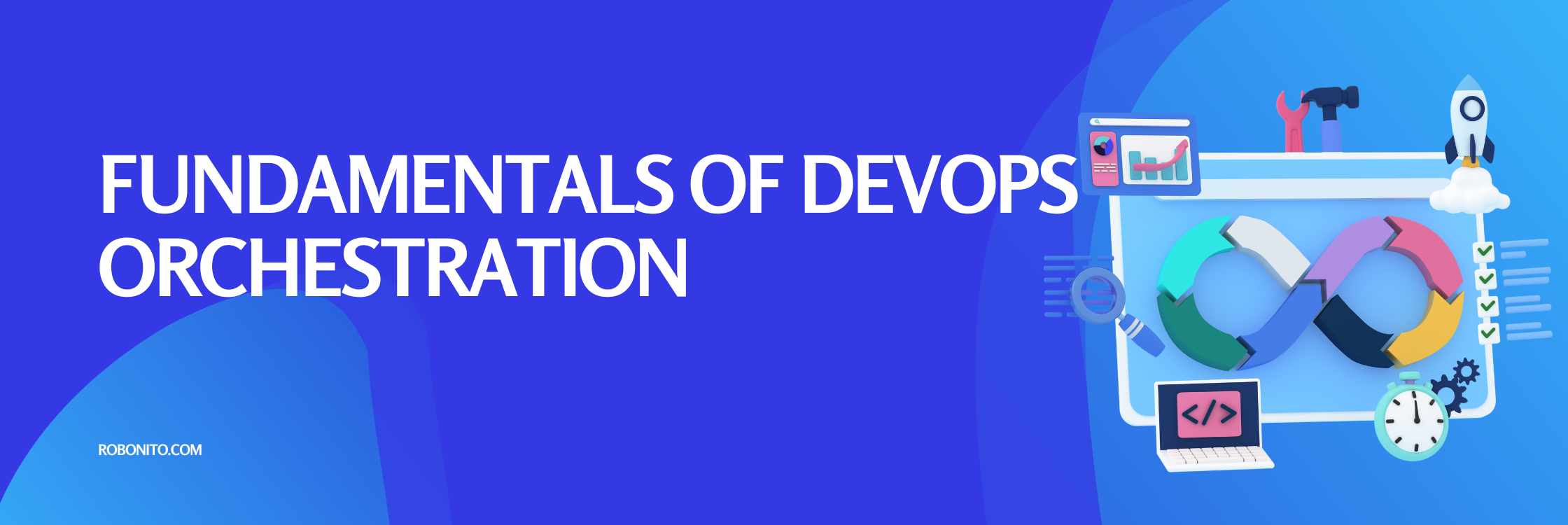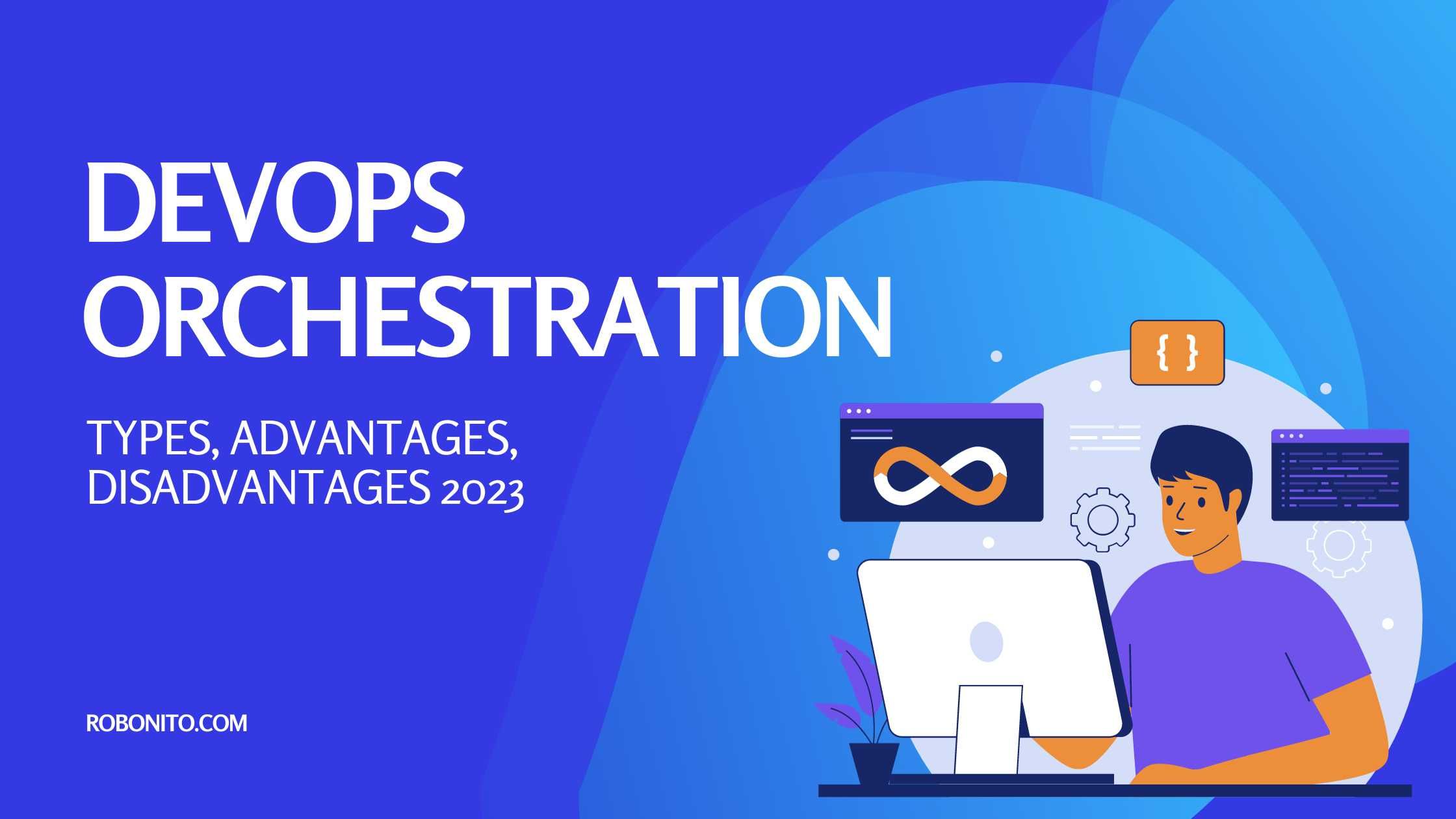DevOps, the amalgamation of development and operations, represents a culture emphasizing collaboration, automation, and continuous improvement across software development and IT operations. Within DevOps, orchestration plays a vital role, automating and managing complex systems to ensure seamless workflows and efficient resource utilization.
Introduction to DevOps Orchestration

Understanding DevOps
DevOps aims to break down silos between development and operations teams, fostering a collaborative environment focused on delivering high-quality software with speed and reliability.
Importance of Orchestration in DevOps

Orchestration refers to the automated coordination and management of various tasks and processes involved in software development and deployment. It ensures consistency, scalability, and reliability across environments.
Fundamentals of DevOps Orchestration

Definition and Principles
DevOps orchestration operates based on principles such as automation, visibility, and scalability. It strives to automate repetitive tasks, enhance visibility into processes, and enable scalability for growing demands.
Role of Automation
Automation is the backbone of DevOps orchestration, reducing manual intervention and enabling the rapid, error-free deployment of software. It ensures consistency and reproducibility in the deployment pipeline.
Key Components in Orchestration
Key components include containerization technologies like Docker and orchestration platforms such as Kubernetes. These tools facilitate efficient management and scaling of applications within DevOps workflows.
Tools and Technologies in DevOps Orchestration
Popular Orchestration Tools
Tools like Kubernetes, Docker Swarm, Ansible, and Terraform offer robust solutions for automating, deploying, and managing applications. Each tool has unique features suitable for various project requirements.
Comparisons and Use Cases
Comparing the functionalities and use cases of different orchestration tools helps organizations make informed decisions based on their specific needs and infrastructure.
Benefits of DevOps Orchestration

Increased Efficiency and Productivity
DevOps orchestration streamlines workflows, reducing manual errors and accelerating the software delivery pipeline. It promotes collaboration and efficiency among teams.
Streamlined Workflows
Orchestration ensures seamless integration and coordination between different stages of development and operations, resulting in smoother processes.
Scalability and Flexibility
The ability to dynamically scale resources and adapt to changing demands is a significant advantage offered by DevOps orchestration, fostering agility and flexibility.
Challenges in DevOps Orchestration
Complexity and Learning Curve
Implementing orchestration tools can be complex, requiring specialized skills. The learning curve might pose challenges to teams transitioning to this methodology.
Security Concerns
Managing security measures within an orchestrated environment demands vigilance to prevent vulnerabilities and data breaches.
Integration Issues
Integrating diverse tools and technologies in an orchestrated environment may pose compatibility issues, affecting system stability.
Best Practices for Implementing DevOps Orchestration
Clear Communication and Collaboration
Effective communication and collaboration among teams are vital for successful orchestration, ensuring alignment of goals and objectives.
Continuous Monitoring and Feedback
Continuous monitoring of processes and gathering feedback helps in identifying bottlenecks and improving the overall efficiency of orchestration.
Testing and Deployment Strategies
Implementing robust testing and deployment strategies ensures reliability and stability in an orchestrated environment.
Real-World Applications of DevOps Orchestration
Case Studies or Examples in Various Industries
Exploring real-world applications of DevOps orchestration across industries illustrates its diverse benefits and innovative use cases.
Success Stories and Lessons Learned
Examining success stories and learning from past implementations provides valuable insights for aspiring adopters of DevOps orchestration.
Future Trends in DevOps Orchestration
Evolving Technologies and Methodologies
As technology evolves, trends like serverless computing, AI-driven orchestration, and improved integration capabilities are expected to shape the future of DevOps orchestration.
Predictions and Advancements
Anticipating advancements in DevOps practices and tools will pave the way for more efficient and sophisticated orchestration methodologies.
Conclusion
In conclusion, DevOps orchestration plays a pivotal role in modern software development and operations. Its ability to automate, streamline, and optimize workflows offers significant advantages, albeit with challenges that require careful consideration and implementation of best practices.
Unique FAQs
-
What is the primary goal of DevOps orchestration?
DevOps orchestration aims to automate and streamline software development and operations, ensuring seamless collaboration, scalability, and efficiency across teams and processes.
-
How does DevOps orchestration differ from traditional IT operations?
Unlike traditional IT operations, DevOps orchestration emphasizes automation, collaboration, and continuous integration and delivery, focusing on faster and more reliable software deployments.
-
Which industries benefit the most from implementing DevOps orchestration?
Various industries such as IT, finance, healthcare, and e-commerce benefit from DevOps orchestration, experiencing improved efficiency, faster time to market, and better customer experiences.
-
What are the security implications associated with DevOps orchestration?
Security considerations in DevOps orchestration involve securing code repositories, implementing access controls, ensuring compliance, and regularly monitoring for vulnerabilities to prevent breaches.
-
What role does automation play in DevOps orchestration?
Automation in DevOps orchestration reduces manual tasks, speeds up processes, ensures consistency, and allows for seamless integration and deployment, enhancing overall efficiency and reliability.

